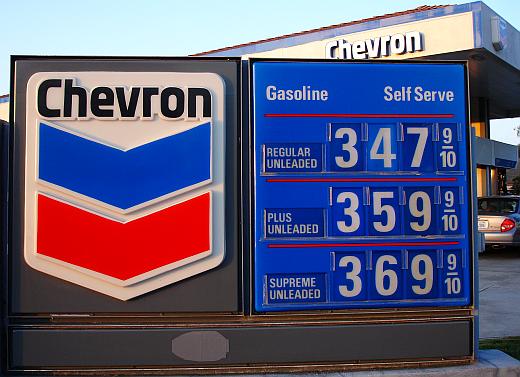http://www.vancouversun.com/business/Vancouver+prices+fall+still+highest+Canadian+cities/1448940/story.html
 Summary:
Summary:
The article I read named “Vancouver gas prices fall, but still highest for Canadian cities”. The article is basely like a financial report that reports the gas prices during the last seven days. The average price of regular gasoline in Canada was 88.4 cents a liter, down 0.9 cent from a week ago. The biggest weekly rise was in Regina, where the average gasoline price went up 6.2 cents to 95.9 cents a liter. Saskatoon and Prince Alberta both saw their average prices rise 6.00 cents a liter to the same 95.9 cents in Regina. However, the lowest gas prices were in Ottawa, where the average fell 3.4 cents over the week to 79.3 cents. Both Toronto and London fell by 6.4 cents and both averaged 83.3 cents a liter. Back to Victoria and Vancouver, both their gas price edged down 0.1 cent to 0.2 cents, but compared to the rest of Canada, British Columbia still has the highest gas price.
Connection:
The connections between this article and the chapters in the book are different accounting ratios. As we known that the gasoline is a major expense in many companies. No matter big or small the companies are, if they need to transport out or in, they need to spend money on gasoline. To many large transport companies, the decreasing in gas price will make them reduce a huge portion in expenses, and all the accounting ratios that relate to the net income will also be influenced. That is because fewer expenses will make a higher net income. On the other hand, if the gas price is increasing, the expenses will also increase and this will cause the decreasing in net income. However, to some merchandisers, they only use a small amount of gasoline each month, so the up or down of gas price will not influence them by a lot.
Reflection:
 Summary:
Summary:The article I read named “Vancouver gas prices fall, but still highest for Canadian cities”. The article is basely like a financial report that reports the gas prices during the last seven days. The average price of regular gasoline in Canada was 88.4 cents a liter, down 0.9 cent from a week ago. The biggest weekly rise was in Regina, where the average gasoline price went up 6.2 cents to 95.9 cents a liter. Saskatoon and Prince Alberta both saw their average prices rise 6.00 cents a liter to the same 95.9 cents in Regina. However, the lowest gas prices were in Ottawa, where the average fell 3.4 cents over the week to 79.3 cents. Both Toronto and London fell by 6.4 cents and both averaged 83.3 cents a liter. Back to Victoria and Vancouver, both their gas price edged down 0.1 cent to 0.2 cents, but compared to the rest of Canada, British Columbia still has the highest gas price.
Connection:
The connections between this article and the chapters in the book are different accounting ratios. As we known that the gasoline is a major expense in many companies. No matter big or small the companies are, if they need to transport out or in, they need to spend money on gasoline. To many large transport companies, the decreasing in gas price will make them reduce a huge portion in expenses, and all the accounting ratios that relate to the net income will also be influenced. That is because fewer expenses will make a higher net income. On the other hand, if the gas price is increasing, the expenses will also increase and this will cause the decreasing in net income. However, to some merchandisers, they only use a small amount of gasoline each month, so the up or down of gas price will not influence them by a lot.
Reflection:
Beside all the other financial reports, the gas price is another sensitive topic I cared most these days especially during economy recession. Before, I thought the gas price is like a symbol that reflects the value of Canadian dollar. From my observation, I discover when the gas price increases, the value of Canadian dollar will increase; when the gas price decreases, the value of Canadian dollar will also decrease too. It is because Canada is a natural resource county; it produces its own gas and even supplies the gas to other countries like United State. I still remember last summer when the gas price in Vancouver went up to 1.5 dollar per liter, and the exchange rate between Canadian dollar and US dollar was 1.2. However, the exchange rate now is going below 1.0, which means the US dollar is higher than Canadian dollar, and the gas price also drops. Therefore, it proves my observation is right and reasonable.

No comments:
Post a Comment